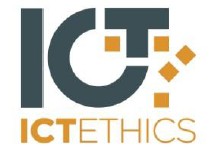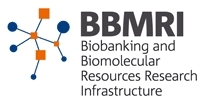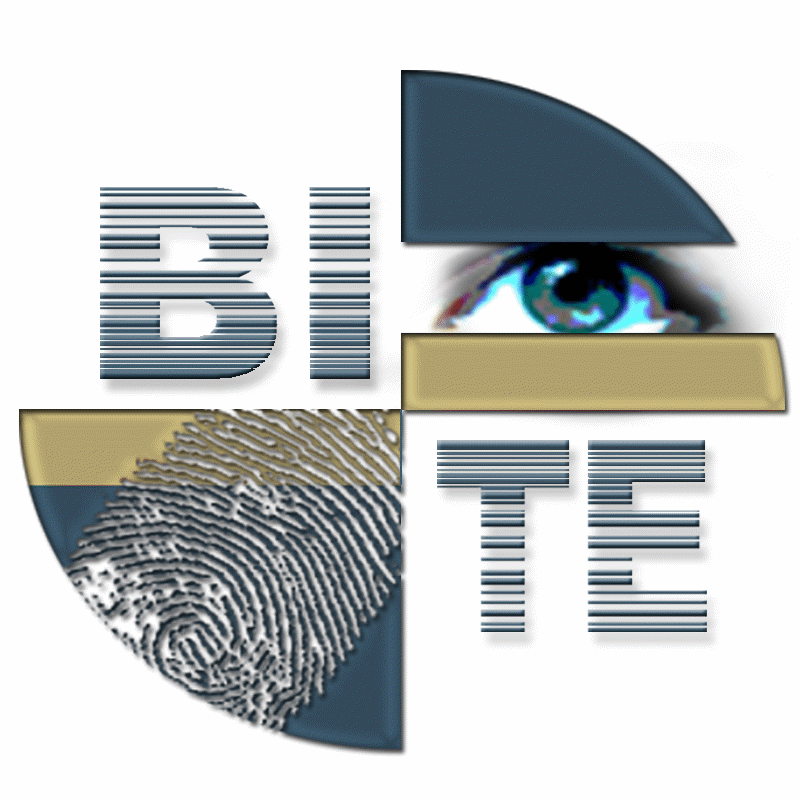Master Classes and Summer School
"Smart" implants: therapy, security, enhancement
Privacy Regulation in a World of Ambient Intelligence
The ICTethics Summer School
The ICTethics Master Classes are aimed at a multi-disciplinary audience: specialised ESLA professionals, anthropologists and political scientists,
ICT professionals in industry and academe, strategic thinkers and actors involved in policy planning and
decision making. The ICTethics Summer School is also aimed at a multi-disciplinary audience: PhD students in law,
ICT design, sociology and philosophy
-
"Smart" implants: therapeutic solutions, security and human enhancement
A series of Master Classes, organised by Cesagen in collaboration with Gleube (Globalising European Bioethics Education).
Organising committee:
Kristrún Gunnarsdóttir, Cesagen - Lancaster University
Ruth Chadwick, Cesagen - Lancaster University
Anthony Mark Cutter, University of Central LancashireLocation: the Wellcome Collection Conference Centre, 183 Euston Road, London, 20 October 2011.
This series of Master Classes brought together a selection of research leaders, strategic planners and advisers to government, as well as leading scholars in sociology, anthropology, ethics and law. The objective was latest developments of so-called "smart" implants: the technical, ethical, social and legal challenges they present.
See the complete Brochure for this event (8Mb) or just the Programme.
The day was divided into three classes, each consisting of presentation & interaction sesssions. Thereafter, invited commentators contributed to a panel discussion & debate, followed by round table discussion.
Open discussions throughout the day were triggered by introductions to the following topics:
1) ICT innovations: hype, hope and accountability.
-
Ruth Chadwick and Kristrún Gunnarsdóttir welcomed participants and introduced the programme. Kristrún laid out the aims and objectives of the day and related them to questions concerning the authorship of futures, to what extent certain developments seem inevitable, e.g., implant technology, human-machine interfacing and advanced bionics, and what can be learned from common expectations and attitudes.
-
Jes Odedra from the UK Ministry of Defense, Strategic Trends Programme, talked about the Programme's work in identifying global trends, what are possible developments in the mid-to-long term, what are likely developments, and what are the likeliest consequences for individual and social well-being, security and defence. He spoke of the potential for radically disruptive developments in areas where technologies converge such as neuroscience and technology, cognitive science, nanotechnology and ICTs.
This session provided an opportunity to explore the role of "horizon scanning" in preparing and planning for the future.
2) Brains and bodies: what does the future hold in store for us?
-
Simon Schultz from the Department of Bioengineering at the Imperial College in London, talked about new approaches for interacting with the nervous system, both for understanding the brain and for therapeutic purposes. He spoke of potential developments in the area of neuro-engineering for therapeutic purposes, for example, where we might see convergence with gene and medication therapies.
-
Ian Harrison from the Department of Cybernetics at Reading University, talked about self-experimentation and various types of body implants. He spoke of his first-hand experience of implants and of his beliefs concerning the future of implants and self-experimentation with them.
This session provided an opportunity to explore cutting edge developments in research and experimentation, and look at the tension between implants for medical purposes and implants for enhanced experience.
3) ICT implants: experimentation, therapy, security.
-
James Giordano from the Center for Neurotechnology Studies at the Potomac Institute of Policy Studies in Arlington Virginia, talked about implantable neurotechnologies and their unique potential to affect or alter neuro-cognitive and behavioral functions or motor performance. He spoke of possible technical/biological capabilities and limitations, and the necessary neuroethical, legal and social considerations regarding, utility, potential misuse and governance of ongoing research.
-
Juliet Lodge from the Jean Monnet European Centre of Excellence (JMECE) at the University of Leeds, talked about the tracking possibilities of ICT implants. She represented her team's study into the deployment of bio and behavioural metrics for safety and security purposes to make the case that "smart" implants with positioning devices, embedded biosensors or data records fall squarely within the remit of tracking technologies.
This session provided an opportunity to explore medical-therapeutic purposes of implant technology in conjunction with behaviour and security purposes and the future of privacy.
Panel discussion & debate
Daniela Cerqui, University of Lauzanne, Switzerland
Ruth Chadwick (Chair), Cesagen - Cardiff University
Carsten Mehring, Imperial College, London
Anders Sandberg, Future of Humanity Institute, Oxford UniversityThe session began with each panel member taking 8-10 minutes to reflect on his/her observations over the course of the day. Ruth Chadwick talked about harmonisation, i.e., how we can harmonise diverse beliefs and a range of ethical considerations, how much room we have for disunity, and so on. Daniela Cerqui talked about how society already embraces a culture which is open to self-experimentation, human augmentation, the quest for novel experiences and the end of privacy. Carsten Mehring talked about the plasticity of body ownership, demonstrated an experient which shows how quickly that takes effect and suggested that such plasticity introduces ethical complications, say, with more permanent alterations of the "body image" due to brain-machine interfacing. Anders Sandberg talked about the long term view of the Future of Humanity Institute and what the future might hold in store for us in the long term. He reflected on the types of body and mind modifications people seem to prefer over others, and what that may tell us about future developments.
Lively discussions and debate resulted from these reflections, as well as from each presentation during the day. Together, participants, along with speakers and panel members, made this an inspring and meaningful event, which promises further output in academic writing and policy briefing.
-
-
Privacy Regulation in a World of Ambient Intelligence
Location: the 3rd annual conference on Computers, Privacy and Data Protection (CPDP) at the Kaai Theater in Brussels, 29-30 January 2010.
This Master Class was organized for specialized ELSA professionals and actors involved in policy planning and decision making. Three lectures were prepared by Guido Van Steendam, Paul McCarthy and Juliet Lodge (presented by Daniel Nagel). See the CPDP conference programme.
Presentation by Paul McCarthy
Presentation by Juliet Lodge / Daniel Nagel
Open discussions were triggered by introductions to the following topics:
1) The challenges posed by Ambient Intelligence when existing privacy legislation and directives are obsolete and unable to keep pace with the implications of ambient intelligence applications in everyday lives.
2) The weakness of the original defence of privacy (even in a world without Ambient Intelligence and without computers). If the notion of privacy is to be meaningful, it must be revisited and reinterpreted. Otherwise, it will become irrelevant, impossible to implement as a core European value, and thus devoid of effectiveness for the protection of individuals and collectives.
3) Examples of existing regulations with focus on case studies, addressing the issues of privacy. Some examples illustrate problems linked to the weakness of the notion of privacy. Other examples identify new legal structures and approaches that indicate how we can keep privacy regulations operational.
4) The case of ICT, privacy and security with focus on the use of biometric techniques which alter not just our understanding of identity but, also, "privatise" accountability. What are the implications for our understanding of the duty of government vis-à-vis citizens in sustaining individual and collective privacy and security? What kind of a society are we creating? What values are challenged?
-
The ICTethics Summer School 2011
Location: Budapest
Dates: 20-24 June (Monday through Friday)
Participants: 26 postgraduate students from all around Europe
Disciplines: Law, Design, Sociology and PhilosophySee the Summer School programme
Lancaster prepared two lectures for a session exploring key issues and controversies relating to assistive robotics and body/brain-device interfaces:
The Automata, the human machine and human-robot relations
On the interface of brains/bodies and devices
The Summer School Programme was designed to give participants in-depth exposure to the ethical, legal and social aspects of new and emerging ICTs. Contributions to the programme drew from research conducted by the ICTethics consortium:
1) Intelligent environments
Focus area: Personal health systems2) Convergence of physical, mental and virtual
Focus area: Assistive robotics and "smart" implants3) Internet of things
Focus area: Radio-frequency identification (RFID)4) ICT for human security
Focus area: Biometric identificationThe staff of the Summer School consisted of consortium partners and visiting speakers from the world of ICT and specialized ICT-related research. The programme emphasised the importance of interaction and debate, informed by the contributions of staff (research output, presentations, documentary materials) as well as the insight and knowledge our students brought with them.













